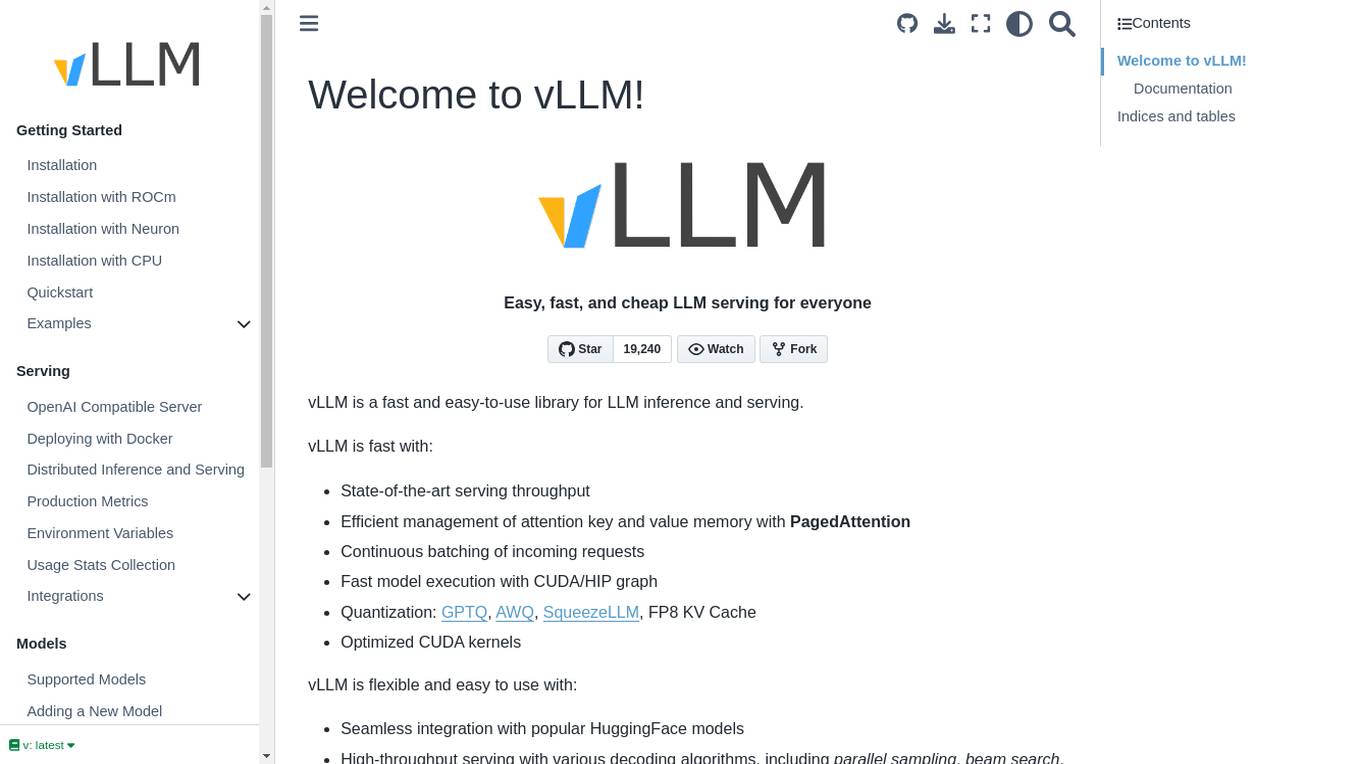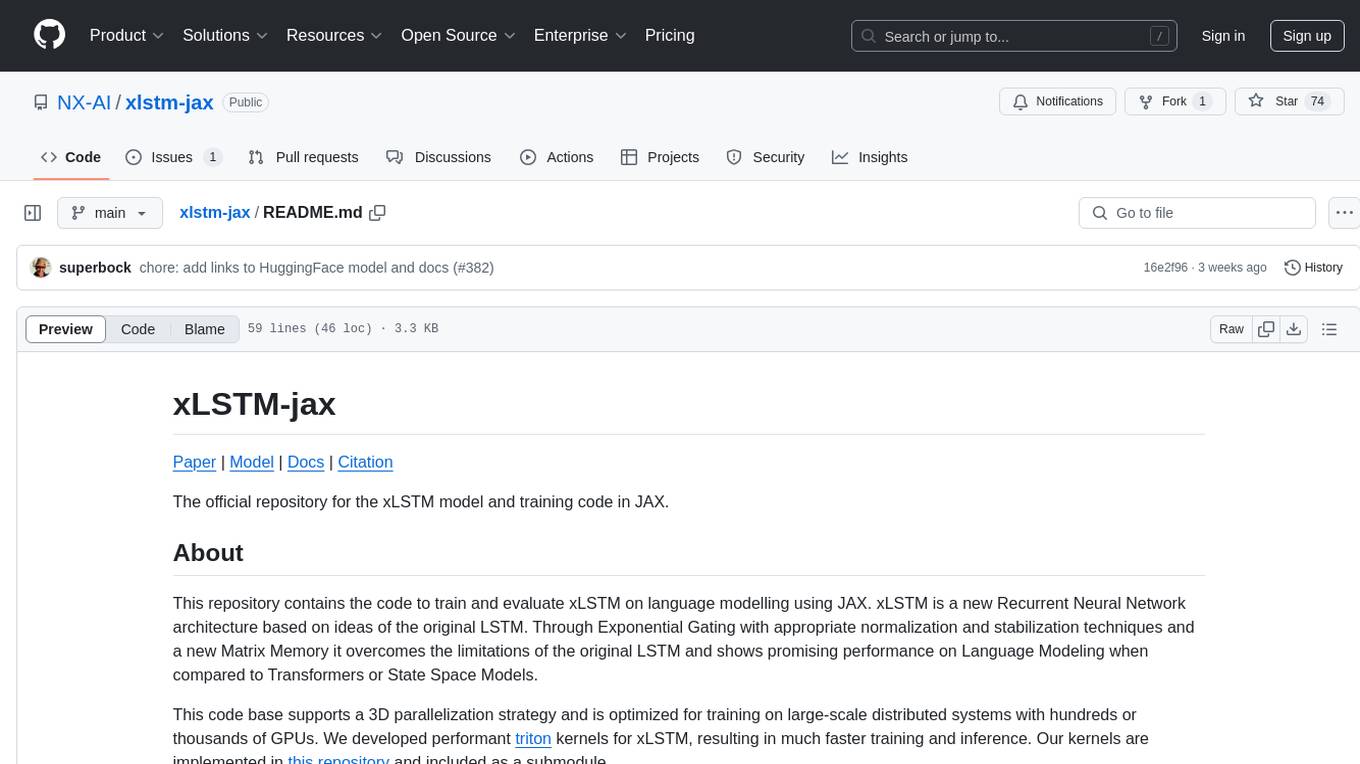Best AI tools for< Parallelize Computations >
2 - AI tool Sites

Meticulous
Meticulous is an AI tool that revolutionizes frontend testing by automatically generating and maintaining test suites for web applications. It eliminates the need for manual test writing and maintenance, ensuring comprehensive test coverage without the hassle. Meticulous uses AI to monitor user interactions, generate test suites, and provide visual end-to-end testing capabilities. It offers lightning-fast testing, parallelized across a compute cluster, and integrates seamlessly with existing test suites. The tool is battle-tested to handle complex applications and provides developers with confidence in their code changes.

vLLM
vLLM is a fast and easy-to-use library for LLM inference and serving. It offers state-of-the-art serving throughput, efficient management of attention key and value memory, continuous batching of incoming requests, fast model execution with CUDA/HIP graph, and various decoding algorithms. The tool is flexible with seamless integration with popular HuggingFace models, high-throughput serving, tensor parallelism support, and streaming outputs. It supports NVIDIA GPUs and AMD GPUs, Prefix caching, and Multi-lora. vLLM is designed to provide fast and efficient LLM serving for everyone.
1 - Open Source AI Tools

xlstm-jax
The xLSTM-jax repository contains code for training and evaluating the xLSTM model on language modeling using JAX. xLSTM is a Recurrent Neural Network architecture that improves upon the original LSTM through Exponential Gating, normalization, stabilization techniques, and a Matrix Memory. It is optimized for large-scale distributed systems with performant triton kernels for faster training and inference.